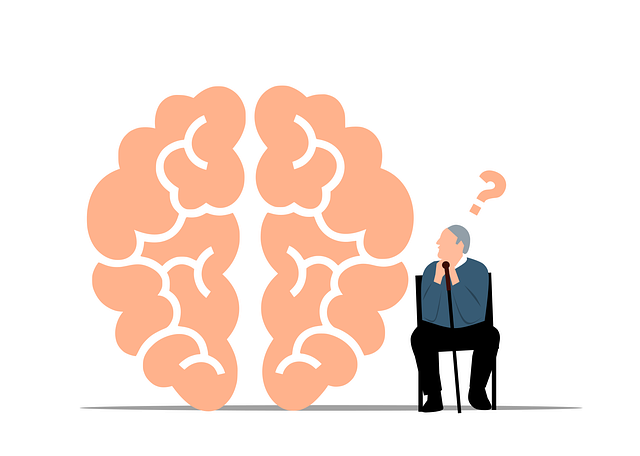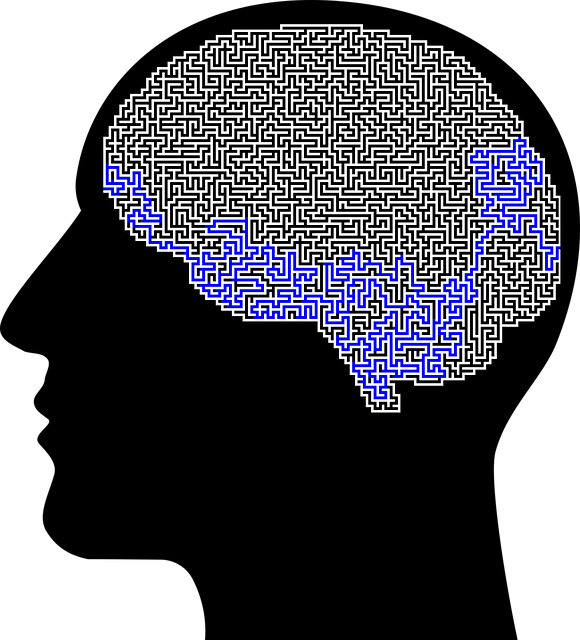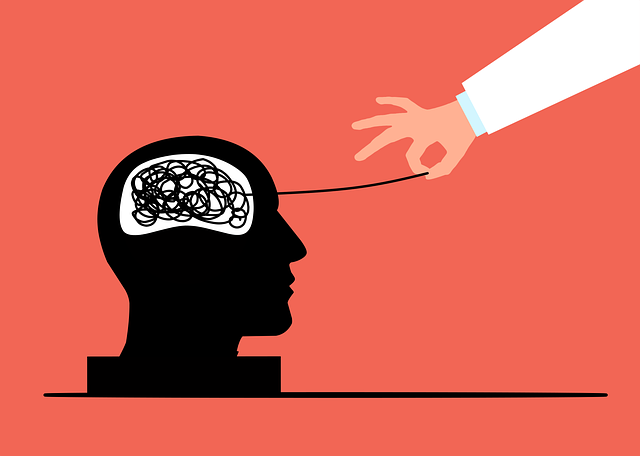In today's digital age, mental wellness apps are gaining prominence as vital tools to address youth development challenges, especially codependency. These apps tackle social pressures, academic demands, and screen time addiction by offering accessible therapy through self-reflection exercises, social skills training, and trauma support. By employing interactive games, colorful illustrations, and simple language, they make therapy enjoyable and engaging for children. Targeted modules address specific issues like codependency, promoting emotional well-being with mindfulness exercises and positive affirmations. Effective digital therapy requires an ethical framework, robust user safety measures, and transparency in data handling to build trust among young users, therapists, and parents.
In today’s fast-paced world, mental wellness app development has emerged as a crucial tool for fostering holistic well-being. With a growing demand for accessible and personalized support, these applications offer innovative solutions, especially in therapy for children. This article explores the evolving landscape of mental health tech, focusing on designing effective age-appropriate features for young users while addressing complex issues like codependency. We delve into ethical considerations, ensuring user safety and privacy in digital therapy, providing a comprehensive guide to responsible app creation.
- Understanding the Need for Mental Wellness Apps
- Designing Therapy for Children: Age-Appropriate Features and Functionality
- Addressing Codependency: Strategies and Tools in App Development
- Ethical Considerations and Ensuring User Safety in Digital Therapy
Understanding the Need for Mental Wellness Apps

In today’s fast-paced world, mental wellness is a critical aspect often overlooked, especially when it comes to younger generations. The rise of technology and digital connectivity has brought about new challenges for children and adolescents, from increased social pressure and academic expectations to screen time addiction and a constant need for validation through online interactions. This has led to a growing demand for accessible and engaging solutions that promote mental well-being, particularly in the form of therapy and support systems tailored to their needs.
Among various concerns, codependency issues and its impact on children’s mental health require urgent attention. Codependency can manifest in different ways, from unhealthy attachment to caregivers to excessive reliance on peers for self-worth. Mental wellness apps offer a promising avenue to address these problems by providing tools for self-reflection, social skills training, and trauma support services. By integrating features like interactive exercises for emotional regulation, depression prevention strategies, and safe online spaces for peer interaction, these apps can foster resilience and healthy coping mechanisms in young users.
Designing Therapy for Children: Age-Appropriate Features and Functionality

Designing therapy for children requires a deep understanding of their developmental stages and unique emotional needs. An app tailored to support young minds should incorporate age-appropriate features that engage and resonate with its young users. For instance, interactive games, colorful illustrations, and simple language can make therapy more accessible and enjoyable for kids, helping them express their feelings in a playful manner. By integrating these elements, mental wellness apps can foster emotional healing processes in children, addressing issues like codependency from an early age.
Beyond the design, the app’s functionality should include tailored therapy modules that address specific challenges faced by children. Techniques aimed at promoting emotional well-being, such as mindfulness exercises and positive affirmations, can be integrated into daily routines to support their mental health journey. Moreover, public awareness campaigns within the app can educate both children and parents on recognizing and managing emotional triggers, creating a supportive ecosystem for overall emotional healing processes.
Addressing Codependency: Strategies and Tools in App Development

Codependency is a complex issue that can significantly impact individuals’ mental wellness, especially children who are still developing essential social skills. Apps focused on addressing this challenge through therapy and coaching programs offer a promising avenue for support. These digital tools can provide accessible resources to help users recognize and break codependent patterns. By incorporating interactive features, such as personalized exercises and tracking progress, apps can facilitate self-reflection and encourage healthier relationships.
Social skills training and conflict resolution techniques are integral components of these mental wellness coaching programs. App developers can integrate gamified elements or virtual reality simulations to teach users effective communication strategies, fostering a sense of confidence in real-life social interactions. Additionally, integrating feedback mechanisms allows for continuous learning and adaptation, ensuring the app remains a valuable tool for long-term mental wellness support.
Ethical Considerations and Ensuring User Safety in Digital Therapy

In the realm of digital therapy, especially when targeting vulnerable populations like children, ethical considerations and user safety are paramount. Apps designed for mental wellness and therapy must adhere to strict guidelines to ensure the protection of users’ privacy and data. This is crucial in fostering trust between young users and their digital therapists. Developers must implement robust security measures to safeguard sensitive information, such as personal details and therapeutic conversations, from unauthorized access or breaches.
Additionally, transparency about data usage and storage is essential for building trust. Parents or guardians should be informed about how the app collects, uses, and shares user data. Moreover, digital therapy platforms should offer tools that enable open communication between children, therapists, and parents, promoting effective treatment for issues like codependency and anxiety relief. Effective communication strategies integrated into these apps can significantly enhance mental wellness outcomes for children.
Mental wellness apps have become vital tools in addressing a growing need for accessible, personalized support. By understanding the unique requirements of different demographics, such as designing age-appropriate features for children’s therapy, we can create effective and engaging solutions. Furthermore, addressing codependency through strategic app development offers individuals valuable resources for recovery. As we navigate ethical considerations and user safety in digital therapy, it’s crucial to ensure these apps enhance well-being while maintaining the highest standards of care.














